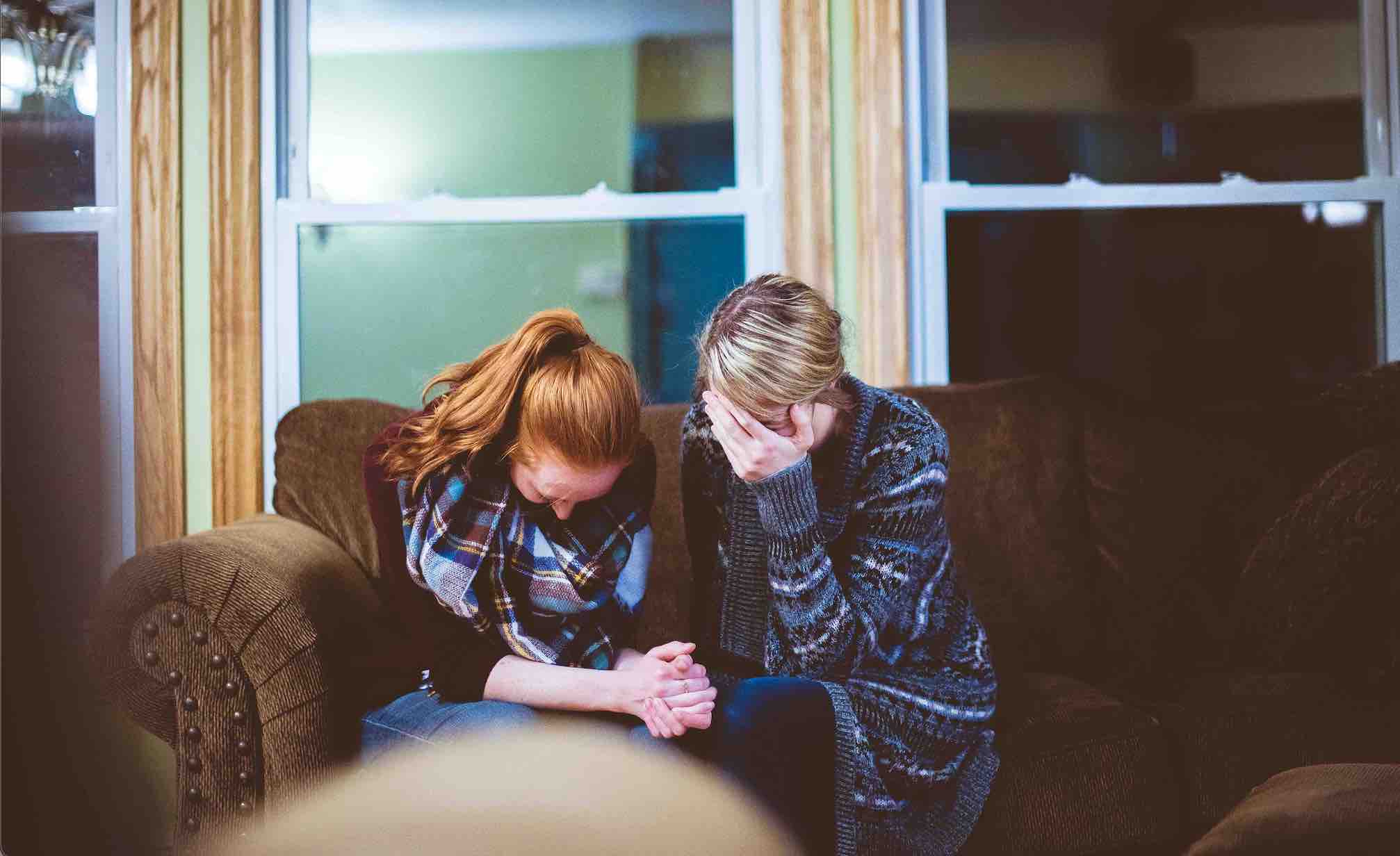Reaction: study associates higher risk of major depression with cases in the family
People who have a parent, sibling, or step-sibling with major depression have a higher risk of major depression themselves, according to research based on data from 2.9 million people in Denmark. This risk increases with the number of affected relatives and when exposure to depression occurs in childhood and adolescence, but does not vary by sex or kinship, says the study published in JAMA Psychiatry.

Natalia Martín-María - Reacción depresión familias EN
Natalia Martín-María
Assistant Professor in the Department of Biological and Health Psychology at the Faculty of Psychology UAM
This is a high-quality, longitudinal study which lends more strength to the associations found. The authors have managed to follow a sample of almost 3 million people for 21 years (the first and only one of its kind) and to record the incidence of depression, not only in themselves, but also in their mothers, fathers, brothers and sisters, or stepbrothers and stepsisters. In line with existing prevalence figures, the prevalence of major depression in women in the sample remains almost twice as high as in men. However, the study shows that there is no difference between men and women in terms of family exposure to major depression.
The study shows that the incidence of depression increases exponentially over the years. Furthermore, it is important to note that family exposure to major depression during childhood and adolescence is associated with an increased risk of depression. Therefore, these vital stages are established as sensitive periods in which prevention, detection and early intervention are key aspects to which our society must respond.
Having a family history of major depression (regardless of the family member) is associated with almost twice the chance of developing it in both men and women, compared to people without such a history. Although the study cannot separate the impact of environmental and genetic influences on major depression, having found similar relationships between siblings and step-siblings, it outlines a strong importance of the shared family environment, beyond the influence of genes.
Frederikke Hørdam Gronemann et al.
- Research article
- Peer reviewed
- Observational study
- People



